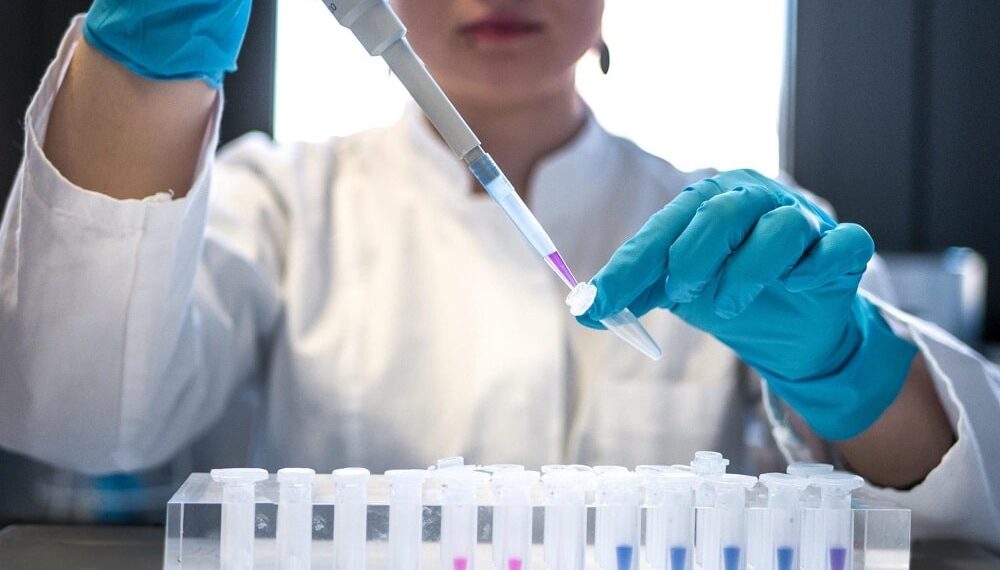Parenteral drug administration has gone on to witness quite a significant set of advancements as well as transformations in recent years.
This very crucial method when it comes to drug delivery happens to be playing a very pivotal role when it comes to delivering therapeutic agents directly in the bloodstream, hence offering rapid as well as effective therapeutic results.
The fact is that the parental drug market is indeed seeing a dynamic transition, which is obviously in a way pushed by tech innovations, the rising prevalence of chronic diseases with preferences in terms of home treatment, as well as a rising demand when it comes to more targeted as well as effective drug delivery systems.
So what are the major trends that happen to be shaping the parenteral drug market?
Patient-centricity focus
Patient centricity is the key to the pharma sector, which happens to influence the drug development strategies and also design pertaining to advanced drug delivery packaging. Customizing the drug product delivery so as to meet the patient needs, lifestyles as well as preferences is indeed gaining immense importance. In terms of the parenteral drug market, all this goes on to translate into the creation of products that lead to a decrease in the injection frequency, lessen the discomfort and also pain and elevate the total patient experience.
Sustainability related to environment
This is indeed emerging as a crucial consideration in the pharma sector, such as the parenteral drug market. The push to decrease the environmental impact when it comes to drug manufacturing as well as disposal happen to be gaining momentum with environmentally- friendly packaging becoming a major stress point for biopharma companies. The integration of eco-friendly steps is all set to shape-up the parenteral drug development landscape for the future.
Self-administrative devices on the rise
The demand when it comes to self-administration devices happens to be on a surge which is pushed primarily due to rising preferences in terms of healthcare solutions that are home-based. Auto injectors, pen injectors, as well as wearable injectors happen to offer better convenience, precision, and also control in terms of their treatment regimens.
This trend happens to be especially evident when it comes to management in terms of chronic conditions like diabetes and also rheumatoid arthritis.
Specialty and Orphan Drugs Breakthroughs
The parenteral drug market is going through a major move in terms of addressing the unmet needs pertaining to medical for people with rare diseases and coming up with specialty and orphan drug therapies. Drug modalities like siRNA as well as ASOs happen to be designed often so as to treat the rare diseases or conditions having limited patient populations and need some specialized formulations and also delivery systems.
The parenteral route is often chosen for such drugs because of its capacity to offer exact dosing, delivery that’s targeted and also quick onset of action.
Biologics, Biosimilars
The rising prominence of biologics and biosimilars cannot be overlooked. In the Mordor Intelligence report, it is expected that the biologics market size is all set to be $429 billion in 2024 and will be reaching $601 billion by 2029 at a CAGR of almost 7%. Due to their capacity to pinpoint specific disease pathways with much increased efficacy, biologics have indeed gained much significance and speed. The parenteral path is crucial for the administration in terms of intricate molecules, thereby further propelling parenteral drug delivery systems’ demand.
Meeting Scalable Parenteral Solutions Demand
In response to the biologics sector landscape as well as being a part of the PCI Pharma Services’ worldwide strategy to raise sterile fill finish and also parenteral packaging capabilities so as to alleviate the worldwide capacity shortage in terms of sterile drug manufacturing along with advanced drug delivery packaging, they go on to continue to invest as well as grow their service offerings by way of investment in new facilities, tech that’s state-of-the-art technology, as well as people.
There are recent events that have put a lot of spotlight on the requirement for nimble as well as secure supply chains. Biopharma companies look for service providers who can offer robust integrated solutions so as to support drug products all across their development lifecycle to commercialization, reducing the requirement to transfer in between the suppliers, hence decreasing the supply chain intricacy as well as risk. Offering expert sterile fill-finish as well as lyophilization solutions right from development to commercialization, along with integrated personalized assembly and packaging solutions in terms of sterile injectables, enables for knowledge sharing along with communication in between the teams in order to make sure that the drug development packaging gets optimized in terms of product, patient and also production.
Parenteral Drug Manufacturing Globalization
The parenteral drug market has already gone through a transition when it comes to manufacturing dynamics, with a rising trend toward globalization. CDMOs play a prominent trend giving out time and cost efficiencies, put together with solutions that are scalable for biopharma companies. Globalization helps with access to pool of expertise that’s diverse, thereby pushing innovation as well as collaboration within the parenteral drug spectrum.
Finally
The fact is that the parenteral drug market happens to be undergoing a phase that’s transformative, which is by the way pushed by the confluence of elements that happen to range from advancement in tech to the worldwide market dynamics as well as approaches that happen to be patient-centric. Tech innovations within the drug delivery systems, biologics, and stress on patient experience happen to be reshaping the spectrum.
As the sector goes on to evolve, biopharma companies as well as their partnering CDMOs have to make sure that they remain flexible so as to navigate the intricacies of the market and, at the same time, also capitalize on the emerging opportunities. With an emphasis on innovation, collaboration, and sustainability, the future when it comes to parenteral drug administration happens to hold immense promise for enhanced therapeutic outcomes as well as an upgraded patient care.



















